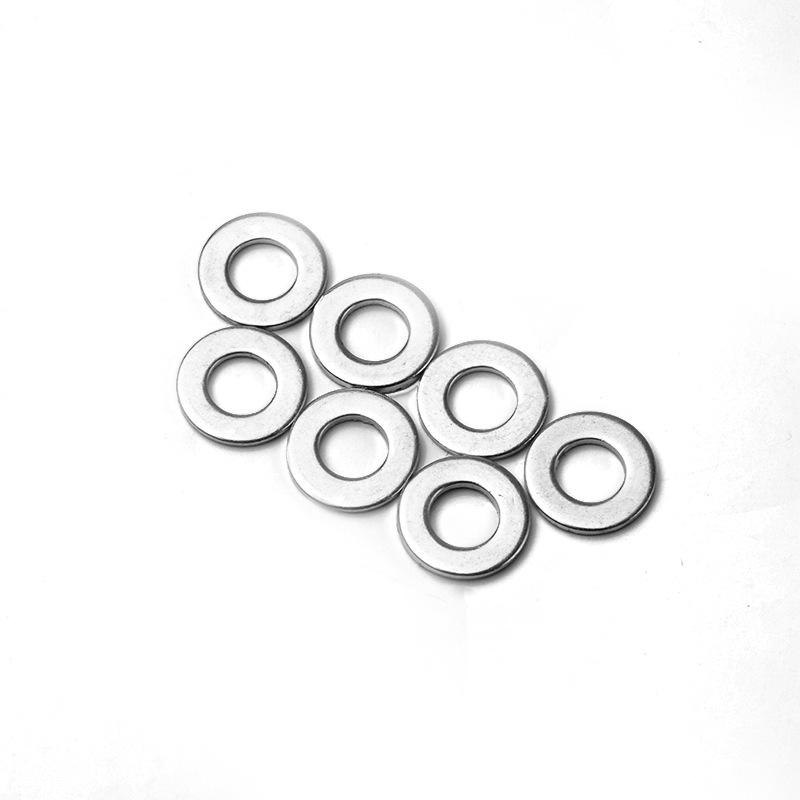

hdg washers
Dec . 11, 2024 09:52 Back to list
hdg washers
Understanding HDG Washers Importance, Types, and Applications
Hot-dip galvanizing (HDG) is a widely used process that enhances the corrosion resistance of metal products, especially in harsh environments. Among the various HDG products, HDG washers are crucial components used in numerous engineering and construction applications. This article aims to elaborate on the significance, various types, and typical applications of HDG washers.
What are HDG Washers?
HDG washers are typically steel washers coated with a layer of zinc through the hot-dip galvanizing process. This coating provides excellent protection against rust and corrosion, making these washers ideal for outdoor use and in industries where moisture exposure is a concern. The HDG process involves immersing the steel washers into molten zinc, resulting in a robust and durable finish that adheres well to the substrate.
Importance of HDG Washers
The primary purpose of washers is to distribute the load of a threaded fastener, reduce friction, and prevent loosening. However, in many applications, especially those exposed to moisture or corrosive environments, standard washers may not provide sufficient longevity. This is where HDG washers come into play. Their corrosion-resistant properties extend the life of both the washer and the fastenal it supports, thus improving the overall longevity of the assembly.
In addition, since HDG washers can withstand higher temperatures than their non-galvanized counterparts, they are suitable for use in applications that may experience heat fluctuations. Furthermore, their durability minimizes the need for frequent maintenance and replacement, making them an economical choice for manufacturers and builders alike.
Types of HDG Washers
1. Flat Washers These are the most common type of HDG washer. They have a simple flat design and are used to provide a smooth surface under the head of a bolt or nut. Flat washers come in various sizes to accommodate different fasteners.
hdg washers

2. Lock Washers These washers are designed to prevent loosening under vibration. They come in different styles—split, toothed, and star lock washers—each serving a specific purpose in various applications. Lock washers ensure that the fastening assembly remains tight over time, providing additional security.
3. Hardened Washers These washers are made from harder materials and are typically used in applications requiring high strength. They are ideal for heavy machinery where the risk of wear is significant.
4. Sealing Washers HDG sealing washers combine the properties of a standard washer with a rubber or polymer seal. This design is effective in applications that require a barrier against moisture or contaminants, making them suitable for plumbing or outdoor installations.
Applications of HDG Washers
HDG washers find extensive applications across various industries, including construction, automotive, electrical, and infrastructure. In construction, they are commonly used in building frames, bridges, and highways, where exposure to moisture is high. The automotive industry employs them in various vehicle components, ensuring that assemblies remain secure throughout the vehicle's life.
In the electrical field, HDG washers are often found in lighting fixtures and outdoor equipment. Their ability to withstand outdoor conditions while providing essential support for fasteners is invaluable. Infrastructure projects like pipelines and tunnels also utilize these washers due to the corrosive environments they face.
Conclusion
In conclusion, HDG washers are essential components in various industries, providing the necessary corrosion resistance and load distribution required for durable and secure fastening solutions. Understanding the different types and their applications can help engineers and builders make informed choices that enhance the longevity and reliability of their projects. By investing in HDG washers, companies can ensure enhanced performance, reduced maintenance costs, and a longer lifespan for their assemblies, paving the way for safer and more resilient structures.
Latest news
-
Hot Dip Galvanized Bolts-About LongZe|High Strength, Corrosion Resistance
NewsJul.30,2025
-
High-Strength Hot Dip Galvanized Bolts - Hebei Longze | Corrosion Resistance, Customization
NewsJul.30,2025
-
Hot Dip Galvanized Bolts-Hebei Longze|Corrosion Resistance&High Strength
NewsJul.30,2025
-
High-Strength Hot-Dip Galvanized Bolts-Hebei Longze|Corrosion Resistance&High Strength
NewsJul.30,2025
-
Hot Dip Galvanized Bolts-Hebei Longze|Corrosion Resistance&High Strength
NewsJul.30,2025
-
Hot Dip Galvanized Bolts - Hebei Longze | Corrosion Resistance, High Strength
NewsJul.30,2025

